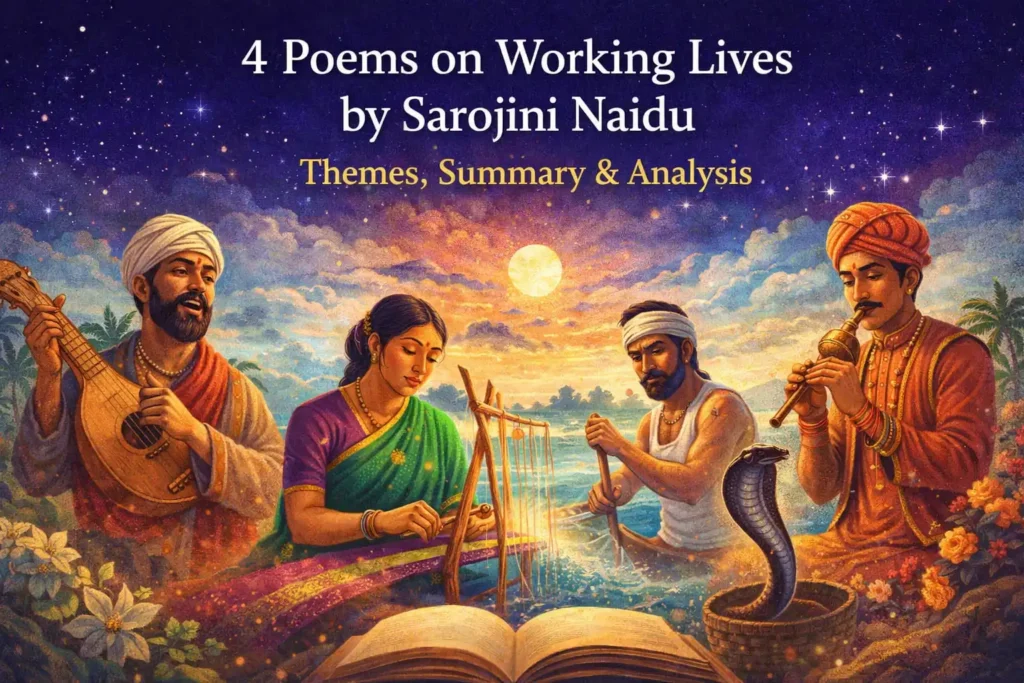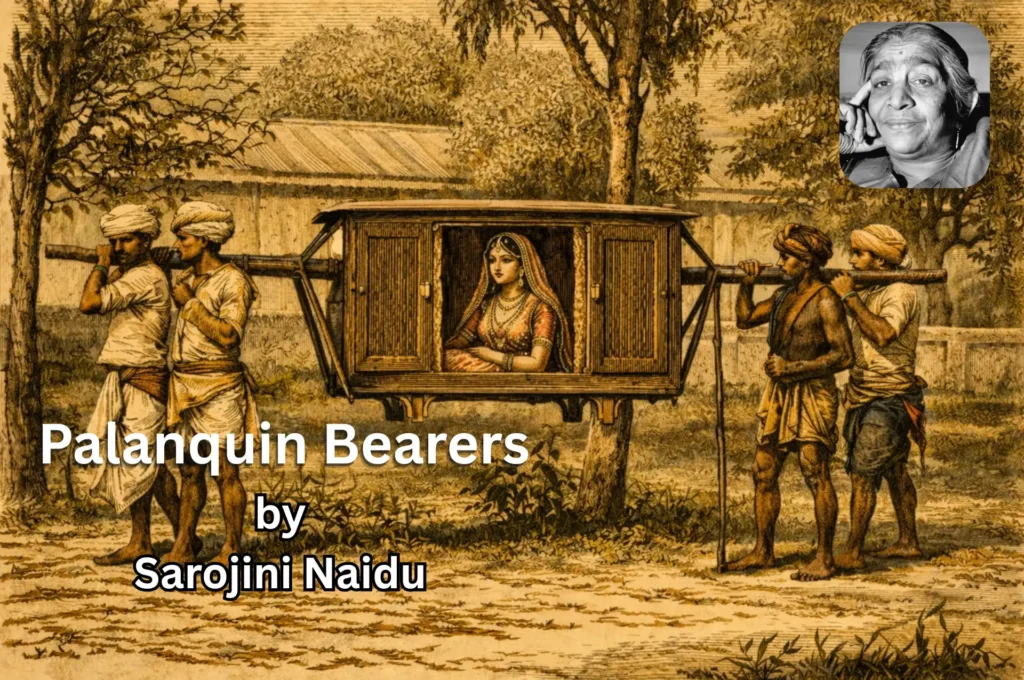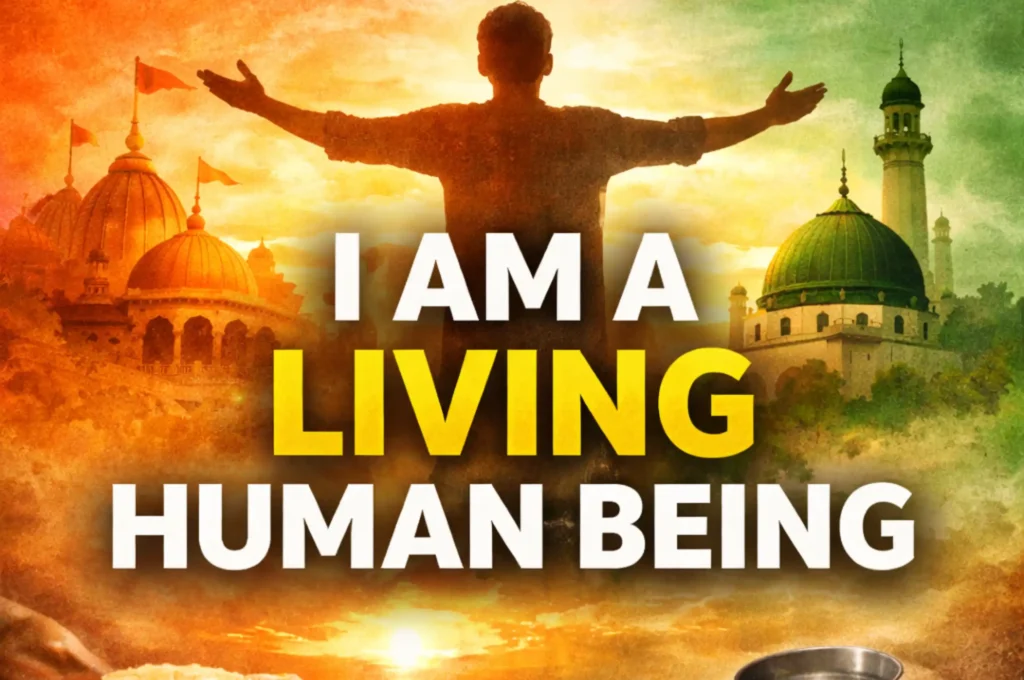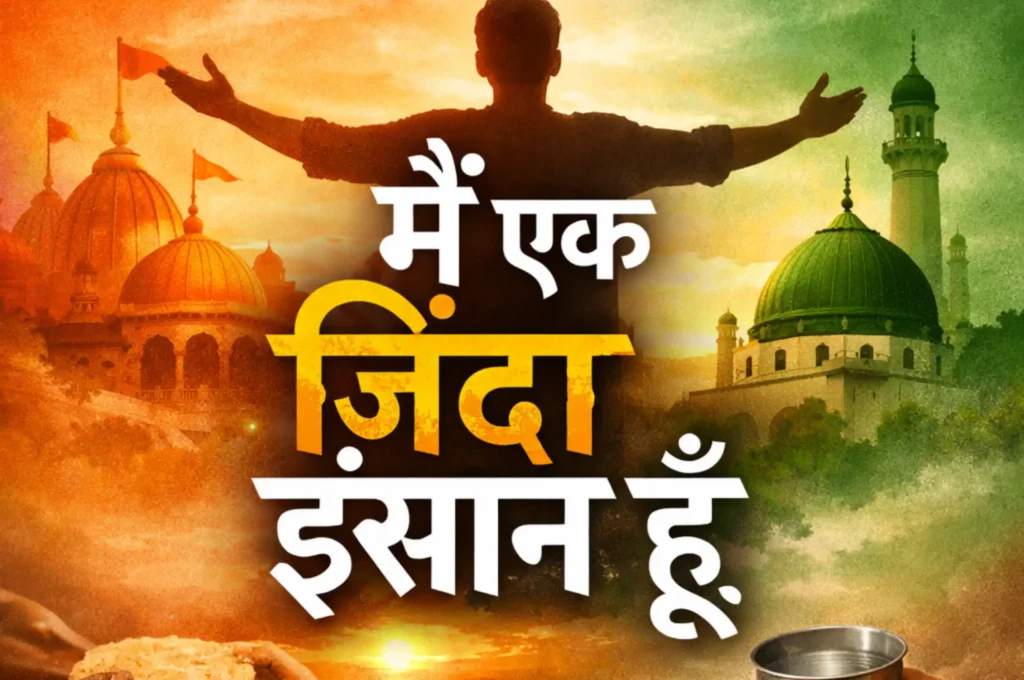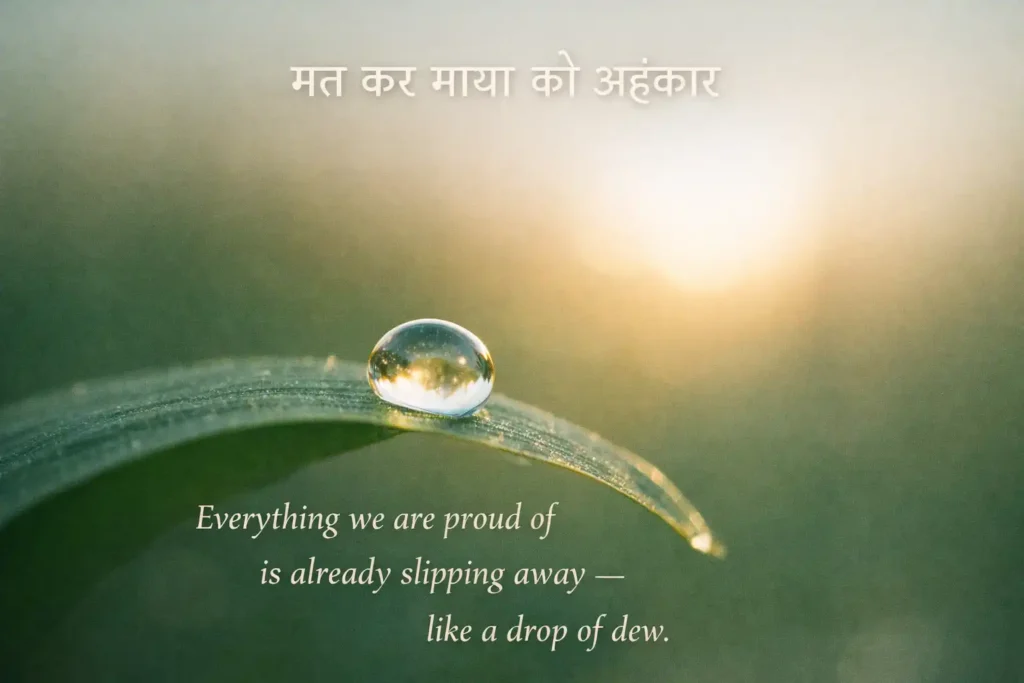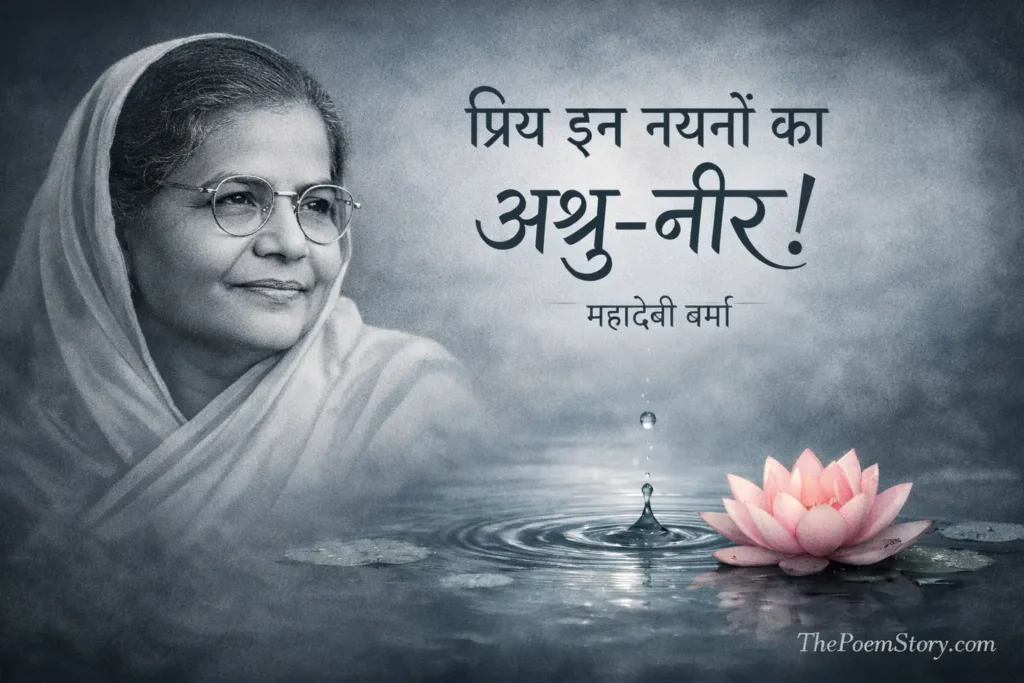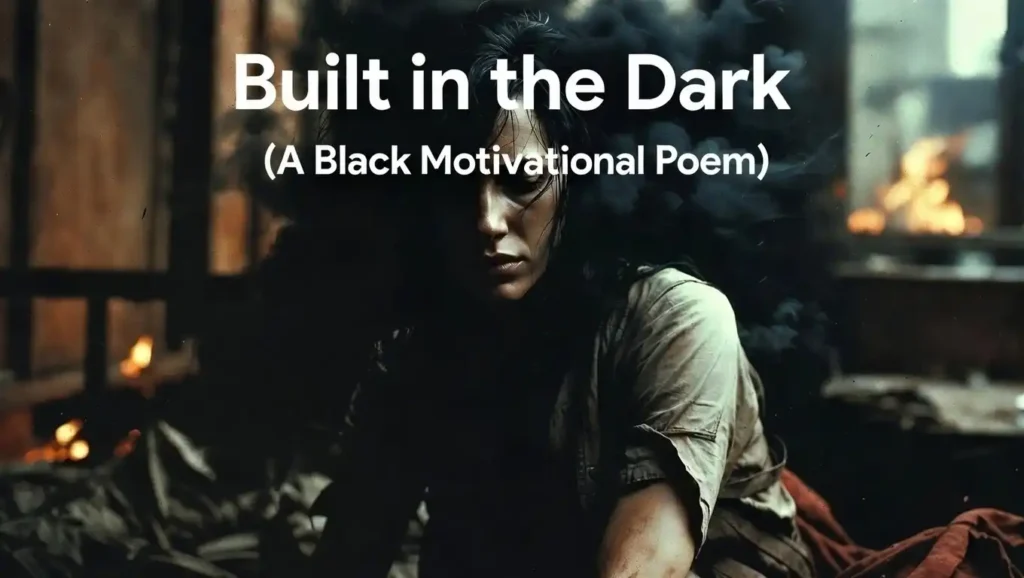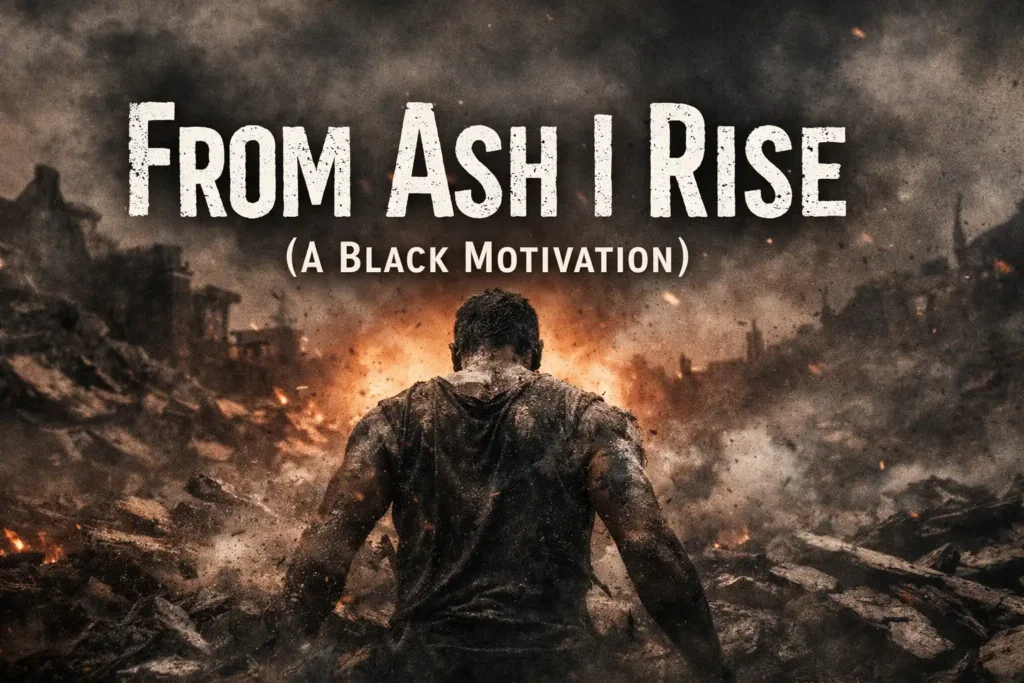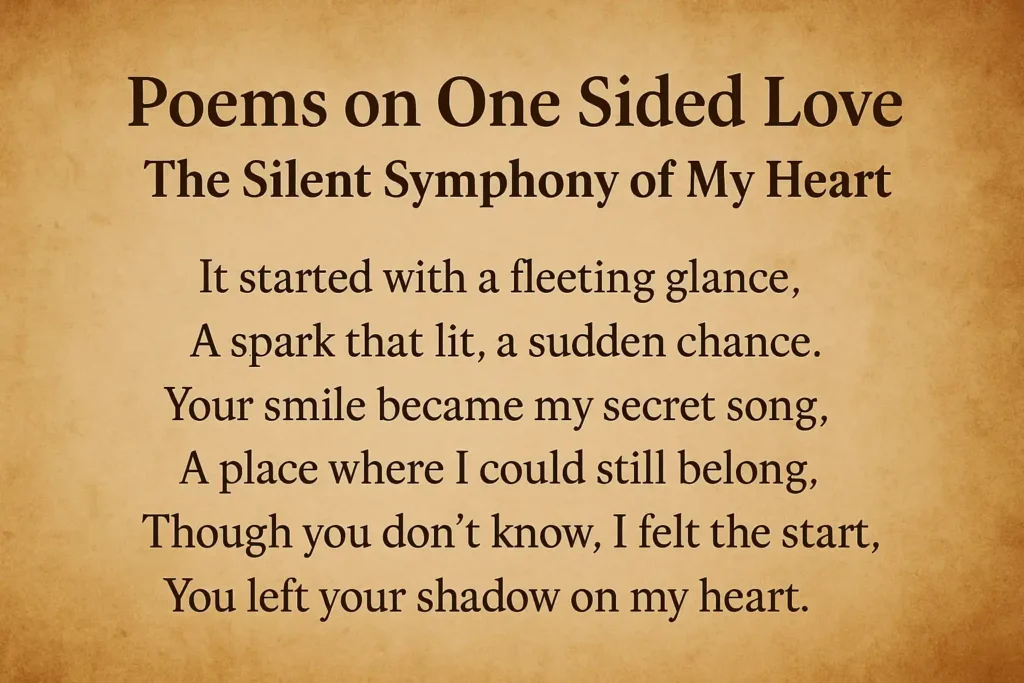Jhansi Ki Rani Poem is written by Indian poet and thinker “Subhadra Kumari Chauhan”. She was a renowned poet and writer. Jhansi Ki rani poem is one of the best poems by “Subhadra Kumari Chauhan”. She was born in Allahabad, India, and was the first female to join the non-cooperation movement started by Mahatma Gandhi in 1921.
In this post, we will look into the lyrics and meaning of Jhansi Ki Rani’s Poem. This is a post for Jhansi ki rani poem meaning in English. Hope you will like it.
Jhansi Ki Rani Poem Lyrics and Meaning | Jhansi Ki Rani Kavita | The Brave Queen | Jhansi Ki Rani Poem Lyrics | Jhansi Ki Rani Poem | Jhansi ki rani poem meaning in English | Jhansi ki rani poem in English |
Table of Contents
I have divided it into parts for my convenience of writing and everybody’s convenience for reading. In every stanza, you will read about the Bundelas and Harbolas. Let me tell you who are these Bundelas and Harbolas.
Jhansi Ki Rani Poem | Jhansi Ki Rani Kavita | Jhansi Ki Rani Poem Lyrics | Jhansi Ki Rani Poem Lyrics and Meaning | Jhansi ki rani poem meaning in English.
Who are Bundele and Harbole?
Bundele and Harbole were the folk singers of the Bundela language. They mainly belonged to the Bundelkhand region in India. These folk singers wrote their songs in the Bundeli language.
These Bundela and Harbola singers used to go to different places and sing their songs door to door. This they did to raise awareness in people.
They wore dhoti, kurta, and turban on their heads. They used to carry Duff and Manjira and sing folklore to raise awareness. In return whatever people gave them, they used to take it for their livelihood.
During the freedom struggle of India Bundelas and Harbolas played a very important role. They used to sing songs that were related to the freedom and atrocities of British rule.
Some of the creations are.
- “Bundelkhand Ki Janata Rowe”, “Bhaye Raja Atyachari, Angrezan ke Gulam Raja, Junke hum gulaam bhaari” – Meaning the people of Bundelkhand crying. The king has become a tyrant. The king is the servant of the Britishers, and we are under British rule.
- Kau ne ser bhase, Kao ne laavani. Abki Halla me funki jaat hai chhawani. – Meaning: Someone ate the whole KG, and someone had someone eat a few. In this uprising, the Britishers will be thrown out. The tents of the British establishment will be burnt.
In 1920 during Mahatma Gandhi’s Swaraj movement, they wrote lines like: Gandhiji Mahatma Neg Ko Machle, Daije me maange swaraj, thadi government vinati sunawe. Jija gaone me dehe swaraj.
Meaning: Gandhiji is asking for Swaraj, and it seems that he is asking for it as a gift in Dowry. The British government says we will give you the Swaraj in Dowry.
These Bundele and Harbole still sing songs around the period of Deepawali in the Bundelkhand region.
Jhansi Ki Rani Poem Lyrics (Hindi)
सिंहासन हिल उठे, राजवंशों ने भृकुटी तानी थी,
~ Subhadra Kumari Chauhan
बूढ़े भारत में भी आयी फिर से नयी जवानी थी,
गुमी हुई आज़ादी की क़ीमत सबने पहचानी थी,
दूर फिरंगी को करने की सबने मन में ठानी थी,
चमक उठी सन् सत्तावन में
वह तलवार पुरानी थी।
बुंदेले हरबोलों के मुँह
हमने सुनी कहानी थी।
ख़ूब लड़ी मर्दानी वह तो
झाँसी वाली रानी थी॥
कानपूर के नाना की मुँहबोली बहन ‘छबीली’ थी,
लक्ष्मीबाई नाम, पिता की वह संतान अकेली थी,
नाना के संग पढ़ती थी वह, नाना के संग खेली थी,
बरछी, ढाल, कृपाण, कटारी उसकी यही सहेली थी,
वीर शिवाजी की गाथाएँ
उसको याद ज़बानी थीं।
बुंदेले हरबोलों के मुँह
हमने सुनी कहानी थी।
ख़ूब लड़ी मर्दानी वह तो
झाँसी वाली रानी थी॥
लक्ष्मी थी या दुर्गा थी वह स्वयं वीरता की अवतार,
देख मराठे पुलकित होते उसकी तलवारों के वार,
नकली युद्ध, व्यूह की रचना और खेलना ख़ूब शिकार,
सैन्य घेरना, दुर्ग तोड़ना, ये थे उसके प्रिय खिलवार,
महाराष्ट्र-कुल-देवी उसकी
भी आराध्य भवानी थी।
बुंदेले हरबोलों के मुँह
हमने सुनी कहानी थी।
ख़ूब लड़ी मर्दानी वह तो
झाँसी वाली रानी थी॥
हुई वीरता की वैभव के साथ सगाई झाँसी में,
ब्याह हुआ रानी बन आयी लक्ष्मीबाई झाँसी में,
राजमहल में बजी बधाई ख़ुशियाँ छायीं झाँसी में,
सुभट बुंदेलों की विरुदावलि-सी वह आयी झाँसी में,
चित्रा ने अर्जुन को पाया,
शिव से मिली भवानी थी।
बुंदेले हरबोलों के मुँह
हमने सुनी कहानी थी।
ख़ूब लड़ी मर्दानी वह तो
झाँसी वाली रानी थी॥
उदित हुआ सौभाग्य, मुदित महलों में उजयाली छायी,
किंतु कालगति चुपके-चुपके काली घटा घेर लायी,
तीर चलानेवाले कर में उसे चूड़ियाँ कब भायीं,
रानी विधवा हुई हाय! विधि को भी नहीं दया आयी,
निःसंतान मरे राजाजी
रानी शोक-समानी थी।
बुंदेले हरबोलों के मुँह
हमने सुनी कहानी थी।
ख़ूब लड़ी मर्दानी वह तो
झाँसी वाली रानी थी॥
बुझा दीप झाँसी का तब डलहौज़ी मन में हरषाया,
राज्य हड़प करने का उसने यह अच्छा अवसर पाया,
फ़ौरन फ़ौजें भेज दुर्ग पर अपना झंडा फहराया,
लावारिस का वारिस बनकर ब्रिटिश राज्य झाँसी आया,
अश्रुपूर्ण रानी ने देखा
झाँसी हुई बिरानी थी।
बुंदेले हरबोलों के मुँह
हमने सुनी कहानी थी।
ख़ूब लड़ी मर्दानी वह तो
झाँसी वाली रानी थी॥
अनुनय विनय नहीं सुनता है, विकट फिरंगी की माया,
व्यापारी बन दया चाहता था जब यह भारत आया,
डलहौज़ी ने पैर पसारे अब तो पलट गयी काया,
राजाओं नव्वाबों को भी उसने पैरों ठुकराया,
रानी दासी बनी, बनी यह
दासी अब महरानी थी।
बुंदेले हरबोलों के मुँह
हमने सुनी कहानी थी।
ख़ूब लड़ी मर्दानी वह तो
झाँसी वाली रानी थी॥
छिनी राजधानी देहली की, लिया लखनऊ बातों-बात,
क़ैद पेशवा था बिठूर में, हुआ नागपुर का भी घात,
उदैपूर, तंजोर, सतारा, करनाटक की कौन बिसात,
जबकि सिंध, पंजाब, ब्रह्म पर अभी हुआ था वज्र-निपात,
बंगाले, मद्रास आदि की
भी तो यही कहानी थी।
बुंदेले हरबोलों के मुँह
हमने सुनी कहानी थी।
ख़ूब लड़ी मर्दानी वह तो
झाँसी वाली रानी थी॥
रानी रोयीं रनिवासों में बेगम ग़म से थीं बेज़ार
उनके गहने-कपड़े बिकते थे कलकत्ते के बाज़ार,
सरे-आम नीलाम छापते थे अंग्रेज़ों के अख़बार,
‘नागपूर के जेवर ले लो’ ‘लखनऊ के लो नौलख हार’,
यों परदे की इज़्ज़त पर—
देशी के हाथ बिकानी थी।
बुंदेले हरबोलों के मुँह
हमने सुनी कहानी थी।
ख़ूब लड़ी मर्दानी वह तो
झाँसी वाली रानी थी॥
कुटियों में थी विषम वेदना, महलों में आहत अपमान,
वीर सैनिकों के मन में था, अपने पुरखों का अभिमान,
नाना धुंधूपंत पेशवा जुटा रहा था सब सामान,
बहिन छबीलीनेरण-चंडी का कर दिया प्रकट आह्वान,
हुआ यज्ञ प्रारंभ उन्हें तो
सोयी ज्योति जगानी थी।
बुंदेले हरबोलों के मुँह
हमने सुनी कहानी थी।
ख़ूब लड़ी मर्दानी वह तो
झाँसी वाली रानी थी॥
महलों ने दी आग, झोंपड़ी ने ज्वाला सुलगायी थी,
यह स्वतंत्रता की चिनगारी अंतरतम से आयी थी,
झाँसी चेती, दिल्ली चेती, लखनऊ लपटें छायी थीं,
मेरठ, कानपूर, पटना ने भारी धूम मचायी थी,
जबलपूर, कोल्हापुर में भी
कुछ हलचल उकसानी थी।
बुंदेले हरबोलों के मुँह
हमने सुनी कहानी थी।
ख़ूब लड़ी मर्दानी वह तो
झाँसी वाली रानी थी॥
इस स्वतंत्रता-महायज्ञ में कई वीरवर आये काम
नाना धुंधूपंत, ताँतिया, चतुर अजीमुल्ला सरनाम,
अहमद शाह मौलवी, ठाकुर कुँवरसिंह सैनिक अभिराम,
भारत के इतिहास-गगन में अमर रहेंगे जिनके नाम,
लेकिन आज जुर्म कहलाती
उनकी जो क़ुरबानी थी।
बुंदेले हरबालों के मुँह
हमने सुनी कहानी थी।
ख़ूब लड़ी मर्दानी वह तो
झाँसी वाली रानी थी॥
इनकी गाथा छोड़ चलें हम झाँसी के मैदानों में,
जहाँ खड़ी है लक्ष्मीबाई मर्द बनी मर्दानों में,
लेफ़्टिनेंट वॉकर आ पहुँचा, आगे बढ़ा जवानों में,
रानी ने तलवार खींच ली, हुआ द्वंद्व असमानों में,
ज़ख्मी होकर वॉकर भागा,
उसे अजब हैरानी थी।
बुंदेले हरबोलों के मुँह
हमने सुनी कहानी थी।
ख़ूब लड़ी मर्दानी वह तो
झाँसी वाली रानी थी॥
रानी बढ़ी कालपी आयी, कर सौ मील निरंतर पार
घोड़ा थककर गिरा भूमि पर, गया स्वर्ग तत्काल सिधार,
यमुना-तट पर अंग्रेज़ों ने फिर खायी रानी से हार,
विजयी रानी आगे चल दी, किया ग्वालियर पर अधिकार,
अंग्रेज़ों के मित्र सिंधिया
ने छोड़ी रजधानी थी।
बुंदेले हरबोलों के मुँह
हमने सुनी कहानी थी।
ख़ूब लड़ी मर्दानी वह तो
झाँसी वाली रानी थी॥
विजय मिली, पर अंग्रेज़ों की फिर सेना घिर आयी थी,
अबके जनरल स्मिथ सन्मुख था, उसने मुँह की खायी थी,
काना और मंदरा सखियाँ रानी के सँग आयी थीं,
युद्ध क्षेत्र में उन दोनों ने भारी मार मचायी थी,
पर, पीछे ह्यूरोज़ आ गया,
हाय! घिरी अब रानी थी।
बुंदेले हरबोलों के मुँह
हमने सुनी कहानी थी।
ख़ूब लड़ी मर्दानी वह तो
झाँसी वाली रानी थी॥
तो भी रानी मार-काटकर चलती बनी सैन्य के पार,
किंतु सामने नाला आया, था वह संकट विषम अपार,
घोड़ा अड़ा, नया घोड़ा था, इतने में आ गये सवार,
रानी एक, शत्रु बहुतेरे, होने लगे वार पर वार,
घायल होकर गिरी सिंहनी
उसे वीर-गति पानी थी।
बुंदेले हरबोलों के मुँह
हमने सुनी कहानी थी।
ख़ूब लड़ी मर्दानी वह तो
झाँसी वाली रानी थी॥
रानी गयी सिधार, चिता अब उसकी दिव्य सवारी थी,
मिला तेज़ से तेज़, तेज़ की वह सच्ची अधिकारी थी,
अभी उम्र कुल तेइस की थी, मनुज नहीं अवतारी थी,
हमको जीवित करने आयी बन स्वतंत्रता नारी थी,
दिखा गयी पथ, सिखा गयी
हमको जो सीख सिखानी थी।
बुंदेले हरबोलों के मुँह
हमने सुनी कहानी थी।
ख़ूब लड़ी मर्दानी वह तो
झाँसी वाली रानी थी॥
जाओ रानी याद रखेंगे हम कृतज्ञ भारतवासी,
यह तेरा बलिदान जगावेगा स्वतंत्रता अविनाशी,
होवे चुप इतिहास, लगे सच्चाई को चाहे फाँसी,
हो मदमाती विजय, मिटा दे गोलों से चाहे झाँसी,
तेरा स्मारक तू ही होगी,
तू ख़ुद अमिट निशानी थी।
बुंदेले हरबोलों के मुँह
हमने सुनी कहानी थी।
ख़ूब लड़ी मर्दानी वह तो
झाँसी वाली रानी थी॥
Jhansi Ki Rani Poem | Jhansi Ki Rani Kavita | Jhansi Ki Rani Poem Lyrics | Jhansi Ki Rani Poem Lyrics and Meaning | Jhansi ki rani poem meaning in English.
Jhansi ki Rani Poem Meaning in English (In Parts)
Part 1 ~ Jhansi ki Rani Poem ~ Jhansi Ki Rani Poem Lyrics and Meaning
सिंहासन हिल उठे, राजवंशों ने भृकुटी तानी थी,
बूढ़े भारत में भी आयी फिर से नयी जवानी थी,
गुमी हुई आज़ादी की क़ीमत सबने पहचानी थी,
दूर फिरंगी को करने की सबने मन में ठानी थी,
चमक उठी सन् सत्तावन में
वह तलवार पुरानी थी।
बुंदेले हरबोलों के मुँह
हमने सुनी कहानी थी।
ख़ूब लड़ी मर्दानी वह तो
झाँसी वाली रानी थी॥
कानपूर के नाना की मुँहबोली बहन ‘छबीली’ थी,
लक्ष्मीबाई नाम, पिता की वह संतान अकेली थी,
नाना के संग पढ़ती थी वह, नाना के संग खेली थी,
बरछी, ढाल, कृपाण, कटारी उसकी यही सहेली थी,
वीर शिवाजी की गाथाएँ
उसको याद ज़बानी थीं।
बुंदेले हरबोलों के मुँह
हमने सुनी कहानी थी।
ख़ूब लड़ी मर्दानी वह तो
झाँसी वाली रानी थी॥
लक्ष्मी थी या दुर्गा थी वह स्वयं वीरता की अवतार,
देख मराठे पुलकित होते उसकी तलवारों के वार,
नकली युद्ध, व्यूह की रचना और खेलना ख़ूब शिकार,
सैन्य घेरना, दुर्ग तोड़ना, ये थे उसके प्रिय खिलवार,
महाराष्ट्र-कुल-देवी उसकी
भी आराध्य भवानी थी।
बुंदेले हरबोलों के मुँह
हमने सुनी कहानी थी।
ख़ूब लड़ी मर्दानी वह तो
झाँसी वाली रानी थी॥
Jhansi Ki Rani Poem | Jhansi Ki Rani Kavita | Jhansi Ki Rani Poem Lyrics | Jhansi Ki Rani Poem Lyrics and Meaning | Jhansi ki rani poem meaning in English.
Meaning of Part 1 ~ Jhansi ki Rani Poem Meaning in English
These lines depict the beginning of the first Indian revolt of 1857. The unrest that East India Company had created in the country.
Thrones were shaken by the atrocities of the Britishers. Royal families were angry and in unrest. The old India was now seeing a wave of youth. The energy was new and young. The people of India now had realized the price of Independence, and they were ready to fight for the Independence. Everyone was determined and decided in their mind to remove Britishers from India.
The old sword started shining again in the year 1857. We heard this story from the mouth of Bundelas and Harbola. The story is about the queen of Jhansi, and she mentions that he was “Khoob Ladi Mardani” – The excellent fighter like a man, she was a lady.
She was the sister of “Nana Saheb” of Kanpur. Not the real sister but, the oral sister. Ans Nana Saheb used to call her “Chhabili” (meaning coquet). Her name was Lakshmibai, and she was the only daughter of her father.
She used to study and play with “Nana Saheb” of Kanpur. Her companions were Daggers, Shields, Sabers, and Swords. This means she has been fighting since childhood.
She remembered the tales of “Brave Shivaji” by heart.
She was either a form of Goddess Lakshmi or Durga or she was herself an incarnation of bravery. Maratha fighters were both amazed and impressed with the way she used her sword.
At her age when children play games, she used to play games like, Mock Battles, Army formations, and a lot of hunting. Her favorite games were Military encirclement and Military captures of forts.
The local and fearful deity of Maharashtra was the goddess she worshipped as other warriors.
We have heard this story from Bundelas and Harbolas. She was an excellent warrior.
Part 2 ~ Jhansi ki Rani Poem
हुई वीरता की वैभव के साथ सगाई झाँसी में,
ब्याह हुआ रानी बन आयी लक्ष्मीबाई झाँसी में,
राजमहल में बजी बधाई ख़ुशियाँ छायीं झाँसी में,
सुभट बुंदेलों की विरुदावलि-सी वह आयी झाँसी में,
चित्रा ने अर्जुन को पाया,
शिव से मिली भवानी थी।
बुंदेले हरबोलों के मुँह
हमने सुनी कहानी थी।
ख़ूब लड़ी मर्दानी वह तो
झाँसी वाली रानी थी॥
उदित हुआ सौभाग्य, मुदित महलों में उजयाली छायी,
किंतु कालगति चुपके-चुपके काली घटा घेर लायी,
तीर चलानेवाले कर में उसे चूड़ियाँ कब भायीं,
रानी विधवा हुई हाय! विधि को भी नहीं दया आयी,
निःसंतान मरे राजाजी
रानी शोक-समानी थी।
बुंदेले हरबोलों के मुँह
हमने सुनी कहानी थी।
ख़ूब लड़ी मर्दानी वह तो
झाँसी वाली रानी थी॥
बुझा दीप झाँसी का तब डलहौज़ी मन में हरषाया,
राज्य हड़प करने का उसने यह अच्छा अवसर पाया,
फ़ौरन फ़ौजें भेज दुर्ग पर अपना झंडा फहराया,
लावारिस का वारिस बनकर ब्रिटिश राज्य झाँसी आया,
अश्रुपूर्ण रानी ने देखा
झाँसी हुई बिरानी थी।
बुंदेले हरबोलों के मुँह
हमने सुनी कहानी थी।
ख़ूब लड़ी मर्दानी वह तो
झाँसी वाली रानी थी॥
अनुनय विनय नहीं सुनता है, विकट फिरंगी की माया,
व्यापारी बन दया चाहता था जब यह भारत आया,
डलहौज़ी ने पैर पसारे अब तो पलट गयी काया,
राजाओं नव्वाबों को भी उसने पैरों ठुकराया,
रानी दासी बनी, बनी यह
दासी अब महरानी थी।
बुंदेले हरबोलों के मुँह
हमने सुनी कहानी थी।
ख़ूब लड़ी मर्दानी वह तो
झाँसी वाली रानी थी॥
Jhansi Ki Rani Poem | Jhansi Ki Rani Kavita | Jhansi Ki Rani Poem Lyrics | Jhansi Ki Rani Poem Lyrics and Meaning | Jhansi ki rani poem meaning in English.
Literal Meaning of 5th Stanza ~ Jhansi ki Rani Poem Meaning in English
She was married to the King of Jhansi. The poet says that bravery married the prosperity in Jhansi. After marriage, Lakshmibai came to Jhansi as the queen of Jhansi. The Royal Palace was all happy and everybody was blessing them. Lakshmibai came to the lands of brave Bundelas as their compliment or extension of their bravery in Jhansi.
The marriage was like brave Arjuna getting brave queen Chitra or fierce Shiva getting a fierce Bhawani.
Lakshmibai got married to the King of Jhansi “Gangadhar Rao”. After she got married, she became “Jhansi Ki Rani”. Bundelas were already brave and the queen as brave as “Lakshmibai” added as an extension to their bravery.
It was like a brave man like Arjuna marrying brave queen Chitra. Or Fierce Shiva marries fierce Bhawani. Both support each other.
We have heard this story from Bundelas and Harbolas. She was an excellent warrior.
The prosperity came into Jhansi and the palace got a bright light. However, the black shadows of time surrounded it. The hands which are used to archery, how could they be adorned with beautiful bangles? The time has played a sad role here. The queen (Rani ki Jhansi) became a widow and even time did not take pity on her.
The king died without a heir and the queen was deeply saddened.
When the king of Jhansi died, Lord Dalhousie was happy. He got a fair chance to capture the state of Jhansi as there was no heir from Gangadhar Rao. (Read Doctrine of Laps in my Post Brave Queen of Jhansi). So, he immediately sent his army and raised the British flag over the fort of Jhansi. He considered himself as the guardian of the orphan kingdom because there was no heir to become the king.
With tear tear-filled eye, the queen left Jhansi.
Britishers were so cunning that they could not listen to requests. Whereas the East India Company came as traders and took pity from rulers to establish their company in India and rights to trade. Lord Dalhousie started expanding and interfering in political matters of states. This was the changed face of the East India Company. He even rejected and ignored Kings and Nawabs.
The queen was now a slave, this slave queen had become superior, as she was to raise an army to fight back.
We have heard this story from Bundelas and Harbolas. She was an excellent warrior.
Part 3 ~ Jhansi ki Rani Poem
छिनी राजधानी देहली की, लिया लखनऊ बातों-बात,
क़ैद पेशवा था बिठूर में, हुआ नागपुर का भी घात,
उदैपूर, तंजोर, सतारा, करनाटक की कौन बिसात,
जबकि सिंध, पंजाब, ब्रह्म पर अभी हुआ था वज्र-निपात,
बंगाले, मद्रास आदि की
भी तो यही कहानी थी।
बुंदेले हरबोलों के मुँह
हमने सुनी कहानी थी।
ख़ूब लड़ी मर्दानी वह तो
झाँसी वाली रानी थी॥
रानी रोयीं रनिवासों में बेगम ग़म से थीं बेज़ार
उनके गहने-कपड़े बिकते थे कलकत्ते के बाज़ार,
सरे-आम नीलाम छापते थे अंग्रेज़ों के अख़बार,
‘नागपूर के जेवर ले लो’ ‘लखनऊ के लो नौलख हार’,
यों परदे की इज़्ज़त पर—
देशी के हाथ बिकानी थी।
बुंदेले हरबोलों के मुँह
हमने सुनी कहानी थी।
ख़ूब लड़ी मर्दानी वह तो
झाँसी वाली रानी थी॥
कुटियों में थी विषम वेदना, महलों में आहत अपमान,
वीर सैनिकों के मन में था, अपने पुरखों का अभिमान,
नाना धुंधूपंत पेशवा जुटा रहा था सब सामान,
बहिन छबीली ने रण-चंडी का कर दिया प्रकट आह्वान,
हुआ यज्ञ प्रारंभ उन्हें तो
सोयी ज्योति जगानी थी।
बुंदेले हरबोलों के मुँह
हमने सुनी कहानी थी।
ख़ूब लड़ी मर्दानी वह तो
झाँसी वाली रानी थी॥
महलों ने दी आग, झोंपड़ी ने ज्वाला सुलगायी थी,
यह स्वतंत्रता की चिनगारी अंतरतम से आयी थी,
झाँसी चेती, दिल्ली चेती, लखनऊ लपटें छायी थीं,
मेरठ, कानपूर, पटना ने भारी धूम मचायी थी,
जबलपूर, कोल्हापुर में भी
कुछ हलचल उकसानी थी।
बुंदेले हरबोलों के मुँह
हमने सुनी कहानी थी।
ख़ूब लड़ी मर्दानी वह तो
झाँसी वाली रानी थी॥
इस स्वतंत्रता-महायज्ञ में कई वीरवर आये काम
नाना धुंधूपंत, ताँतिया, चतुर अजीमुल्ला सरनाम,
अहमद शाह मौलवी, ठाकुर कुँवरसिंह सैनिक अभिराम,
भारत के इतिहास-गगन में अमर रहेंगे जिनके नाम,
लेकिन आज जुर्म कहलाती
उनकी जो क़ुरबानी थी।
बुंदेले हरबालों के मुँह
हमने सुनी कहानी थी।
ख़ूब लड़ी मर्दानी वह तो
झाँसी वाली रानी थी॥
Jhansi Ki Rani Poem | Jhansi Ki Rani Kavita | Jhansi Ki Rani Poem Lyrics | Jhansi Ki Rani Poem Lyrics and Meaning | Jhansi ki rani poem meaning in English.
Meaning of Part 3 ~ Jhansi ki Rani Poem Meaning in English
Britishers took over the capital of Delhi, it was easy for them to capture Lucknow. They captured the Peshwa in Vithur and captured Nagpur as well. Udaipur, Tanjore, Satara, and Karnataka did not even stand a chance. Whereas, Sindh, Punjab, and Bramh were recently attacked.
The same story was for Bengal and Madras.
Queen cried inside their abode, Begums were sad and broken. Their jewelry and clothes were sold in the markets in Kolkata by East India. The auctions for the Jewelry and clothes were published in the British newspapers. Ans the auctions were like “Buy Jewelry of Nagpur” and “Take necklace of Lucknow”. This was how the respect of people was sold by foreigners.
People living in huts (General Public) were in unrest and pain due to the British rule. The royal families felt humiliated. The brave soldiers were proud of their forefathers. This all led to the beginning of a revolt. Peshwa Nana Saheb II (born Dhondhu Pant) was accumulating all the necessary material for this revolt. Ans his sister Chhabili (Lakshmibai, Jhansi Ki rani) has taken the role of a fierce warrior goddess.
The battle and efforts started as they had to lighten and wake up every individual.
Palaces gave the fire and locals became part of the revolt. This was the sparkle of freedom that originated from the inner self of the people. Everyone wanted to be free of the British rule. Jhansi was alert, Delhi got alert, and the fire for freedom spread to Lucknow as well. Meerut, Kanpur, and Patna were also under effect, and it was like a blast. There was some movement in Jabalpur and Kolhapur as well.
In this freedom struggle, which was like penance and fire, many brave people lost their lives. Nana Saheb, Tantiya Tope, Azeemulla Sarnaam, Ahmed Shah Maulawi, Thakur Kunwar Singh, etc., and they will be remembered all the times in Indian History.
But today, their sacrifice and fight for freedom is called a sin. (Because we consider that we got independence with non-violence)
Part 4 ~ Jhansi ki Rani Poem (Bravery of Jhansi Ki Rani)
इनकी गाथा छोड़ चलें हम झाँसी के मैदानों में,
जहाँ खड़ी है लक्ष्मीबाई मर्द बनी मर्दानों में,
लेफ़्टिनेंट वॉकर आ पहुँचा, आगे बढ़ा जवानों में,
रानी ने तलवार खींच ली, हुआ द्वंद्व असमानों में,
ज़ख्मी होकर वॉकर भागा,
उसे अजब हैरानी थी।
बुंदेले हरबोलों के मुँह
हमने सुनी कहानी थी।
ख़ूब लड़ी मर्दानी वह तो
झाँसी वाली रानी थी॥
रानी बढ़ी कालपी आयी, कर सौ मील निरंतर पार
घोड़ा थककर गिरा भूमि पर, गया स्वर्ग तत्काल सिधार,
यमुना-तट पर अंग्रेज़ों ने फिर खायी रानी से हार,
विजयी रानी आगे चल दी, किया ग्वालियर पर अधिकार,
अंग्रेज़ों के मित्र सिंधिया
ने छोड़ी रजधानी थी।
बुंदेले हरबोलों के मुँह
हमने सुनी कहानी थी।
ख़ूब लड़ी मर्दानी वह तो
झाँसी वाली रानी थी॥
विजय मिली, पर अंग्रेज़ों की फिर सेना घिर आयी थी,
अबके जनरल स्मिथ सन्मुख था, उसने मुँह की खायी थी,
काना और मंदरा सखियाँ रानी के सँग आयी थीं,
युद्ध क्षेत्र में उन दोनों ने भारी मार मचायी थी,
पर, पीछे ह्यूरोज़ आ गया,
हाय! घिरी अब रानी थी।
बुंदेले हरबोलों के मुँह
हमने सुनी कहानी थी।
ख़ूब लड़ी मर्दानी वह तो
झाँसी वाली रानी थी॥
Jhansi Ki Rani Poem | Jhansi Ki Rani Kavita | Jhansi Ki Rani Poem Lyrics | Jhansi Ki Rani Poem Lyrics and Meaning | Jhansi ki rani poem meaning in English.
Meaning of Part 4 ~ Jhansi ki Rani Poem Meaning in English
We leave this topic for now and let me take you to the battlefield of Jhansi. The place where the queen of Jhansi was like a man among all the men. This is the reason why Subhadra Kumari Chauhan calls her “Mardani”. Mardani in Hindi means female with masculine attributes. Because battles so far were only considered for men and Lakshmibai was fighting this battle for freedom.
Lieutenant Walker who was leading the British forces, came forward from his army. Jhansi ki rani pulled out the sword and a fierce battle was fought. Walker was injured and retreated. He was astonished with the battle art and bravery of Jhansi ki Rani.
Rani moved forward and reached Kalpi, she traveled almost 150 km on her horse. The horse was tired and hurt. The horse fell and died. The battle was fought on the banks of the Yamuna River and the Britishers were defeated again.
The victorious queen moved forward further and captured Gwalior. Sindhiyas, who were friends with Britishers, had flown and left the capital.
Queen was victorious, however, British forces surrounded her again. This time it was General Smith in front of her and he was badly defeated. Her two friends Kana and Mandara were fighting with her. These 2 friends Kana and Mandara too were furious in the battle and fought bravely. They killed many British soldiers.
But, then General Huroz came with enforcement, and the queen was surrounded,
Part 5 ~ Jhansi ki Rani Poem
तो भी रानी मार-काटकर चलती बनी सैन्य के पार,
किंतु सामने नाला आया, था वह संकट विषम अपार,
घोड़ा अड़ा, नया घोड़ा था, इतने में आ गये सवार,
रानी एक, शत्रु बहुतेरे, होने लगे वार पर वार,
घायल होकर गिरी सिंहनी
उसे वीर-गति पानी थी।
बुंदेले हरबोलों के मुँह
हमने सुनी कहानी थी।
ख़ूब लड़ी मर्दानी वह तो
झाँसी वाली रानी थी॥
रानी गयी सिधार, चिता अब उसकी दिव्य सवारी थी,
मिला तेज़ से तेज़, तेज़ की वह सच्ची अधिकारी थी,
अभी उम्र कुल तेइस की थी, मनुज नहीं अवतारी थी,
हमको जीवित करने आयी बन स्वतंत्रता नारी थी,
दिखा गयी पथ, सिखा गयी
हमको जो सीख सिखानी थी।
बुंदेले हरबोलों के मुँह
हमने सुनी कहानी थी।
ख़ूब लड़ी मर्दानी वह तो
झाँसी वाली रानी थी॥
Jhansi Ki Rani Poem | Jhansi Ki Rani Kavita | Jhansi Ki Rani Poem Lyrics | Jhansi Ki Rani Poem Lyrics and Meaning | Jhansi ki rani poem meaning in English.
Meaning of Part 5~ Jhansi ki Rani Poem Meaning in English
Jhansi Ki Rani was surrounded, but she killed many of them and headed away from the battlefield. Many of the soldiers were killed and the queen was hurt, so she decided to move away from the battle for now. However, there was a trench in the way, and this was difficult to cross. The horse was new, and it stood still and could not cross the trench. The queen was stuck, and the forces and riders came from behind.
The queen was alone and there were many enemy soldiers, and they started attacking her from all sides. The queen was injured and fell like a wounded lioness. She died as a martyr.
If you want to know How Rani Lakshmibai Died, Read my post on Rami Lakshmibai.
Now the queen was dead, and her last enlightened vehicle was the funeral fire. The brightness of the queen mingled with the brightness of fire and she well deserved it.
All these battles and wars that the queen fought, she did it at the mere age of 23. She was not a human; she must have been an incarnation. She was the one to wake everyone up for freedom, she was herself a symbol of freedom.
She paved and showed the country the way to live. The way to live with honor and pride.
Part 6 ~ Jhansi ki Rani Poem ~ Jaao Rani Yaad Rakhenge
जाओ रानी याद रखेंगे हम कृतज्ञ भारतवासी,
यह तेरा बलिदान जगावेगा स्वतंत्रता अविनाशी,
होवे चुप इतिहास, लगे सच्चाई को चाहे फाँसी,
हो मदमाती विजय, मिटा दे गोलों से चाहे झाँसी,
तेरा स्मारक तू ही होगी,
तू ख़ुद अमिट निशानी थी।
बुंदेले हरबोलों के मुँह
हमने सुनी कहानी थी।
ख़ूब लड़ी मर्दानी वह तो
झाँसी वाली रानी थी॥
Jhansi Ki Rani Poem | Jhansi Ki Rani Kavita | Jhansi Ki Rani Poem Lyrics | Jhansi Ki Rani Poem Lyrics and Meaning | Jhansi ki rani poem meaning in English.
Meaning of Part 6 ~ Jhansi ki Rani Poem Meaning in English
O! the queen, while you go to another world after your death, you will be remembered by all the Indians as we are obelized with your sacrifice. This sacrifice of yours will lead the independence movement. (Because this poem was written before independence).
Even if History shuts its mouth, even if the truth is hung and killed, even if the British forces win the battle or destroy the Jhansi completely with canons, you will be your monument of remembrance, you will always remain the symbol of yourself, and which cannot be destroyed.
This story that we heard from Bundelas and Harbolas. That you were an exemplary warrior (female with masculine power). You were the queen of Jhansi.
Summary of the Poem Jhansi Ki Rani
We read in this poem about Jhansi Ki Rani from Subhadra Kumari Chauhan. This poem depicts her early life, marriage, the death of her husband, her role in the revolt of 1857, her bravery in the battle, and how she died.
Her sacrifice will always be remembered. It was a small effort from my end to translate this poem. However, she was greater than my words or any other word. She was an example of bravery and sacrifice.
Jhansi Ki Rani Kavita in Photos





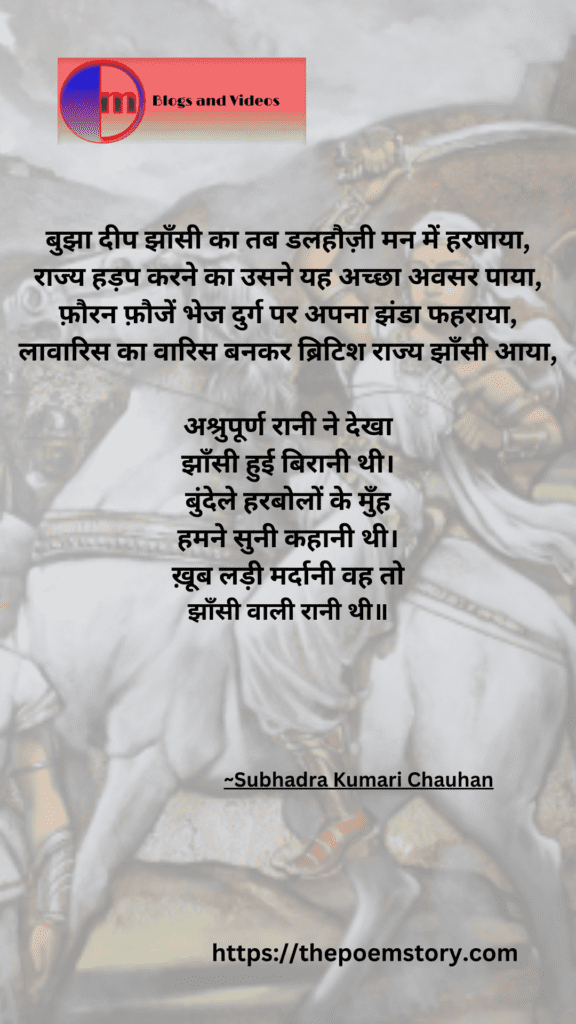


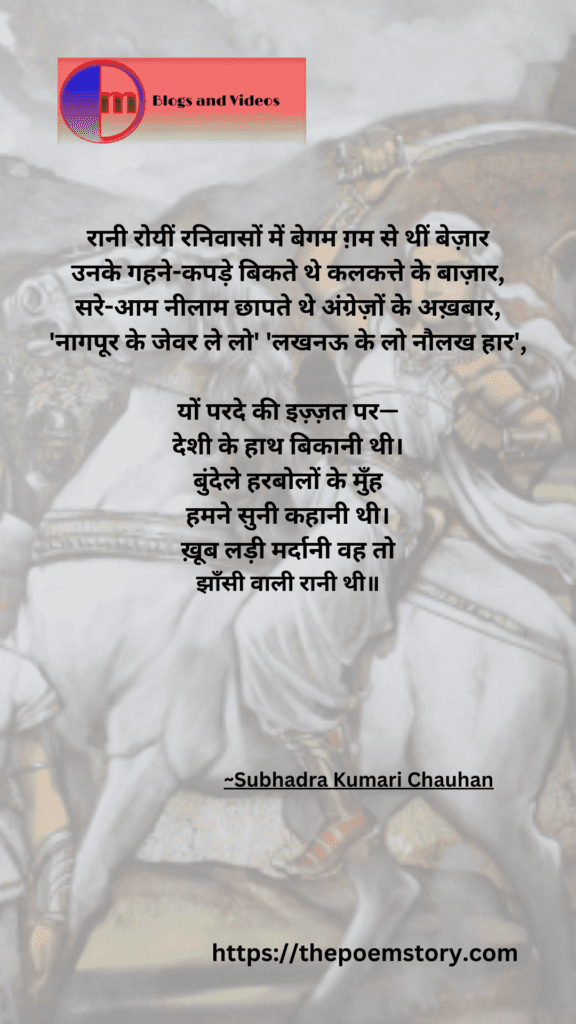


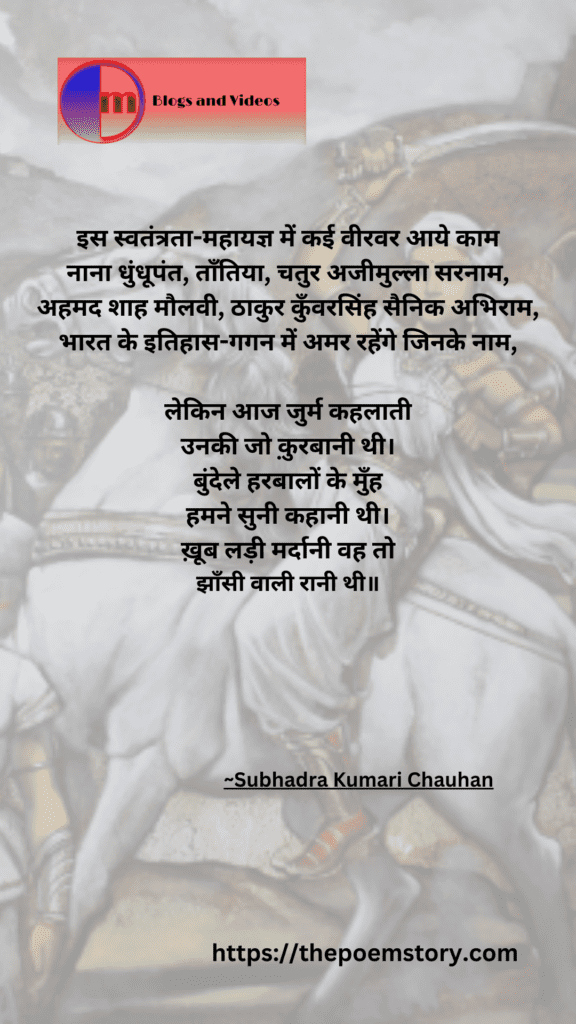
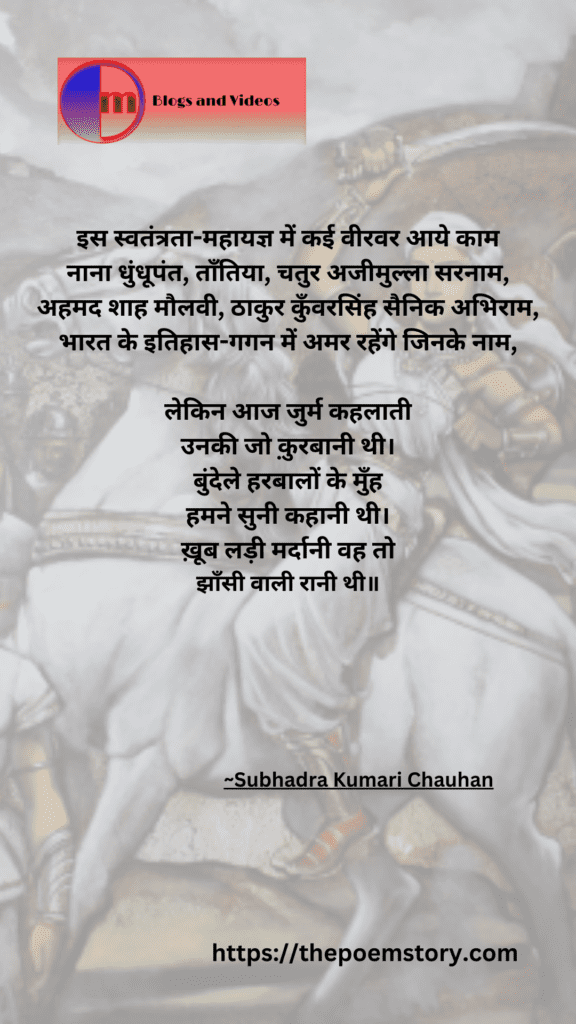
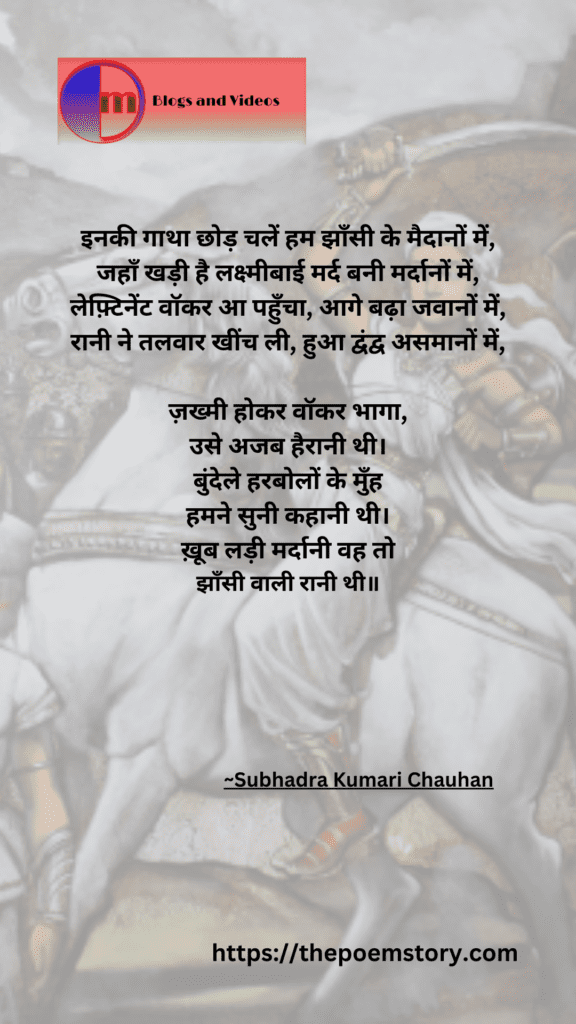
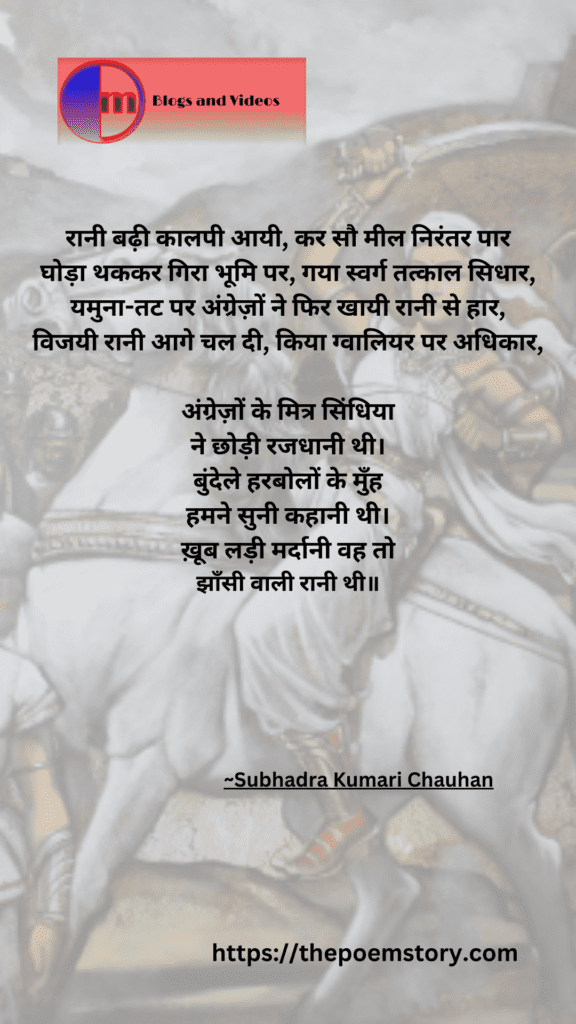
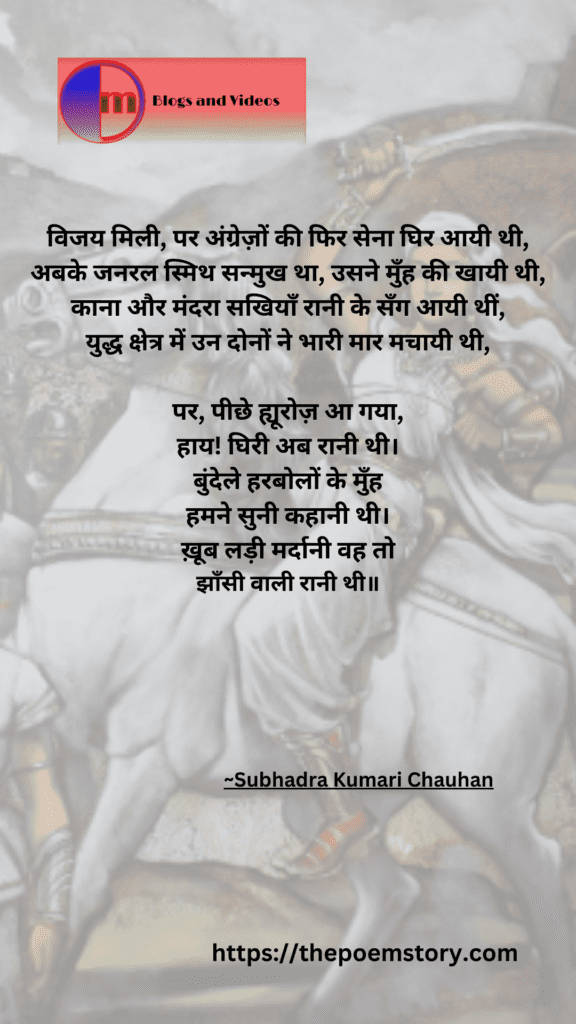
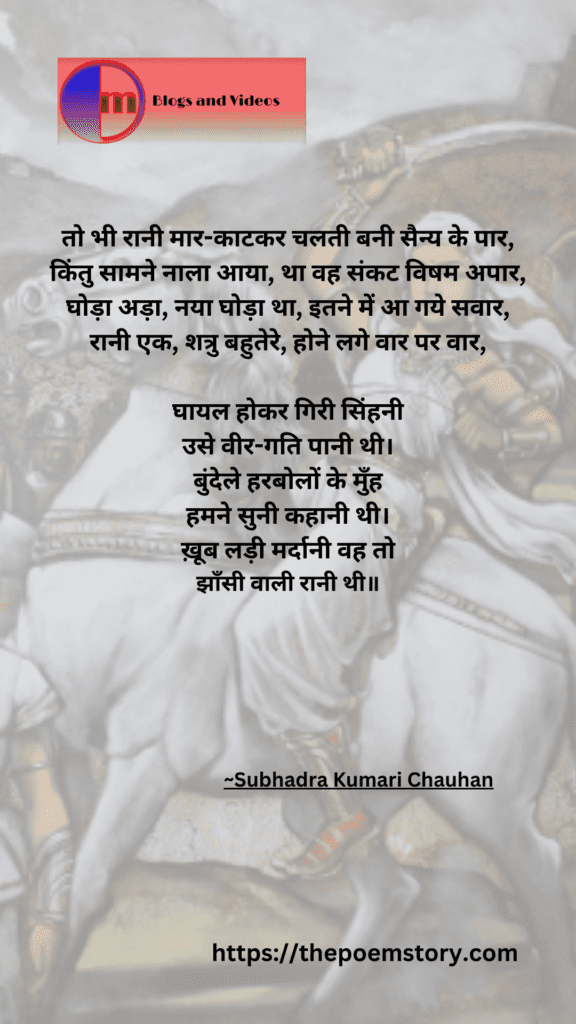
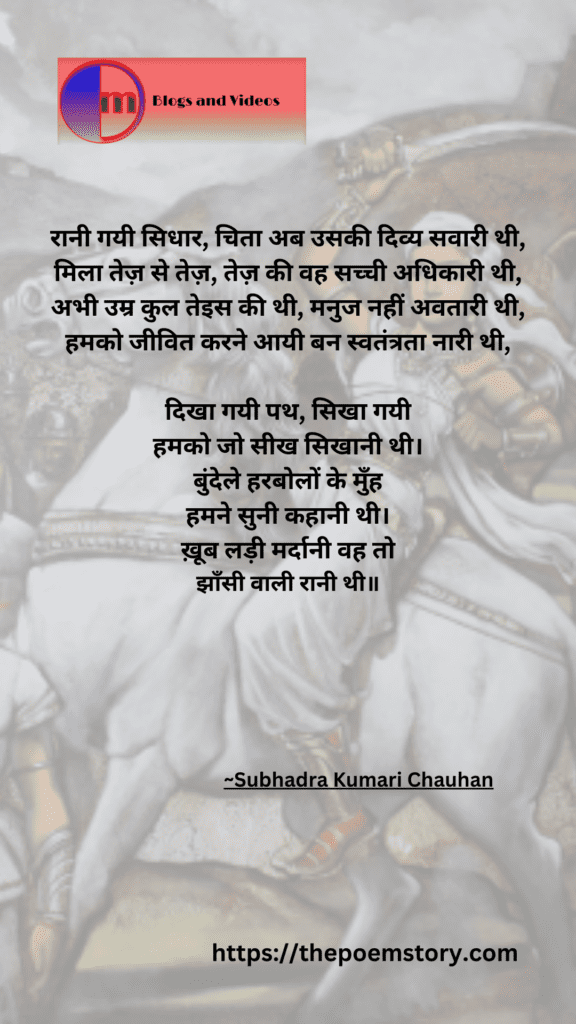
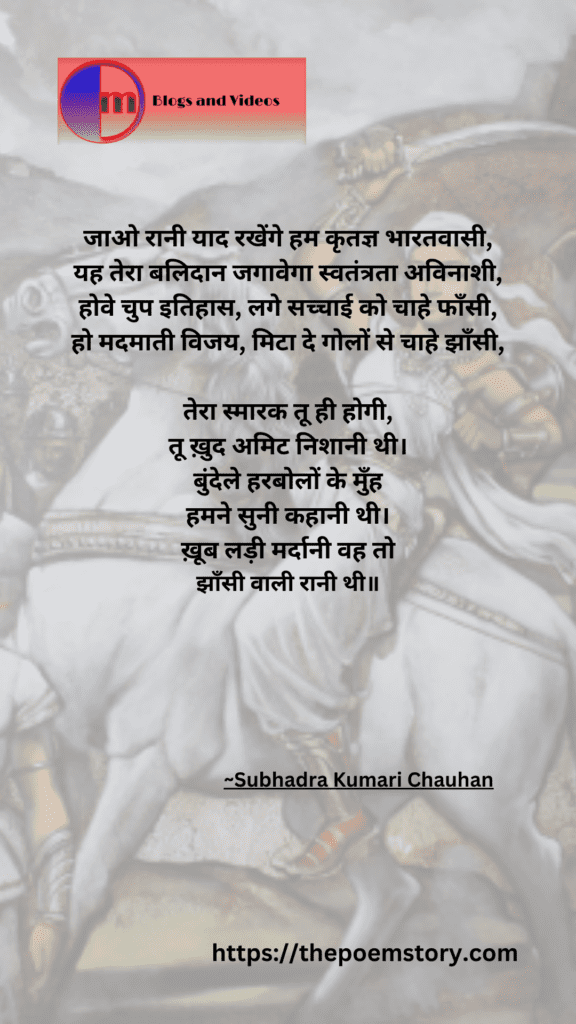
Read More

